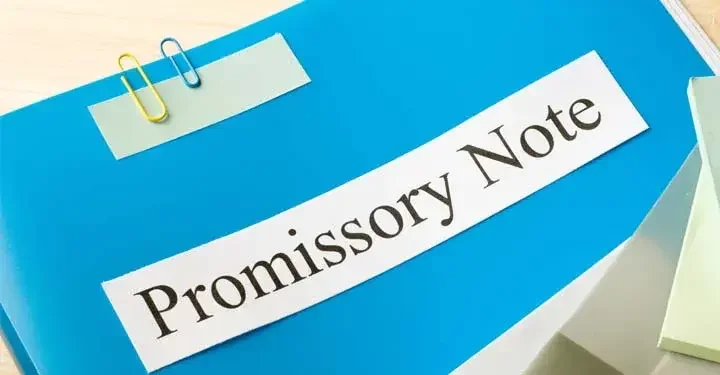If you plan to prepare a promissory note, you should include an indemnity agreement. Such an agreement would be more accurately called a note replacement and indemnity agreement. That is because it also requires the borrower to execute and deliver a replacement promissory note if the original note is lost, destroyed, stolen, or damaged. Such an agreement protects the noteholder's ability to enforce the loan.
An indemnity agreement also alleviates the borrower of all financial liability for executing a new promissory note to replace the one that was lost or damaged. And it assures the borrower that no one will try to enforce both the original note and the new note, and that the borrower will not have to pay anything in connection with the creation and execution of the new note.
If you already have a signed promissory note, which has been lost or damaged, you can prepare a separate Affidavit of Lost Promissory Note and Indemnity Agreement that contains a promissory note indemnity agreement. An affidavit is a written statement that is made under oath, and is therefore legally binding on the party that signs it.
Promissory note with hold harmless indemnity agreement
To anticipate the possibility of the promissory note's becoming lost or damaged, it is a good idea to include an indemnity agreement in the note itself. Such a provision also requires the borrower to execute a replacement note if the original is lost or damaged.
The following is an example of such a replacement and indemnity provision:
"If this Promissory Note is lost, destroyed, stolen, or damaged, the Borrower, upon the request of the Lender, shall execute and deliver a new Promissory Note of like principal amount and terms in lieu of and in substitution for the lost, destroyed, stolen, or damaged Promissory Note. If this Promissory Note is damaged, the Lender shall surrender such Promissory Note to the Borrower. If this Promissory Note becomes lost, destroyed, or stolen, the Lender shall furnish satisfactory evidence of the loss, destruction, or theft to the Borrower. In consideration of the Borrower executing and delivering a new Promissory Note, the Lender agrees to execute and deliver an Affidavit of Lost Promissory Note and Indemnity Agreement which shall release the Borrower from any and all claims arising out of the original Promissory Note, and shall indemnify and hold harmless the Borrower from any and all costs incurred in relation to the issuance and delivery of the new Promissory Note."
Affidavit of lost promissory note and indemnity agreement
Regardless of whether there is an indemnity agreement in the original promissory note, upon the loss or damage of the note, it will be necessary for the noteholder to execute an Affidavit of Lost Promissory Note and Indemnity Agreement.
The affidavit will be a statement setting forth the terms of the original note and the details of how it was lost or damaged, and including the type of indemnity agreement mentioned above. It must be signed in the presence of a notary public.
You don't need to be concerned about how to write an affidavit, as the Affidavit of Lost Promissory Note and Indemnity Agreement can be completed with the assistance of an attorney.


